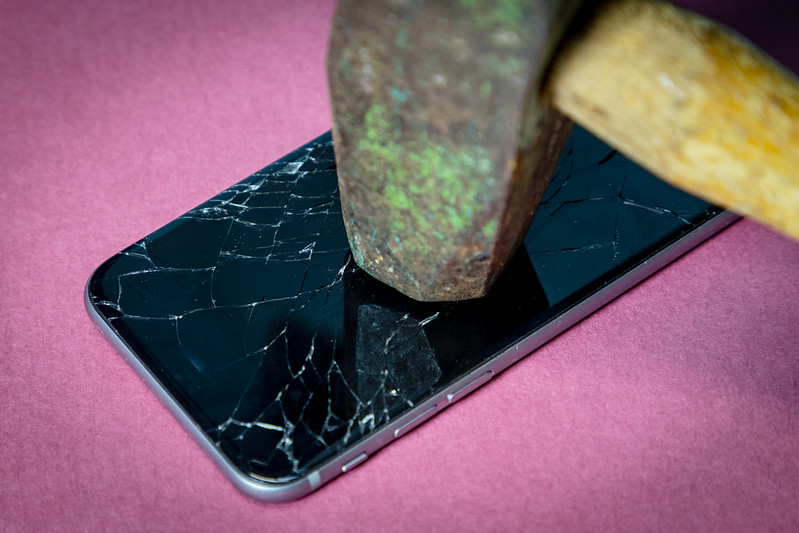Attorneys for the proposed class-action lawsuit say that, even as Tinder and Hinge parent company Match claims that its apps are “designed to be deleted,” many features seem intended to “turn users into addicts.”
A class action lawsuit accuses Match Group, the parent company of popular dating applications Tinder and Hinge, of designing platforms intended to keep users addicted to their services.
“Match’s business models depends on generating returns through the monopolization of users’ attention, and Match has guaranteed its market success by fomenting dating app addiction that drives expensive subscriptions and perpetual use,” the complaint alleges.
According to USA Today, the proposed class action was filed earlier this week in a San Francisco-based federal court. In it, attorneys for the plaintiffs—including consumers from California, Florida, Georgia, and New York—allege that Match violated state and federal law by creating defectively-designed applications and engaging in false advertising.
The complaint states that, while Match’s applications offer the promise of either casual connections or a long-lasting relationship, both Tinder and Hinge incorporate game-like features that keep users continuously engaged, if not outright addicted.
“[…] Match affirmatively represents the Platforms as effective tools for establishing off-app relationships while secretly doing everything in its power to capture and sustain paying subscribers and keep them on-app,” the lawsuit claims.
Furthermore, the complaint suggests that Match’s applications try turning ordinary consumers into “addicts.” Tinder and Hinge, for instance, seek “to gamify platforms to transform users into gamblers locked in search for psychological rewards that Match makes elusive on purpose.”

These practices, attorneys say, are incompatible with Match’s messaging that its dating applications are “designed to be deleted.
So, instead of helping users find “true love,” Match services steer members into paying for recurring subscriptions and pay-per-use features, like “spotlights” and “roses.”
“Harnessing powerful technologies and hidden algorithms, Match intentionally designs the platforms with addictive, game-like design features, which lock users into a perpetually pay-to-play loop that prioritizes corporate profits over its marketing promises and customers’ relationship goals,” the lawsuit alleges.
“Due to the purposefully manipulative and addictive Platform design, no waking hour is safe from the allure of the Platforms,” it says, “as underscored by users’ incessant need to keep swiping.”
A spokesperson for Match has since derided the complaint as “ridiculous,” saying that it has “zero merit.”
“Our business model is not based on advertising or engagement tactics,” the spokesperson said. “We actively strive to get people on dates every day and off our apps. Anyone who states anything else doesn’t understand the purpose and mission of our entire industry.”
Nevertheless, the lawsuit observes that—contrary to Match’s mission—services like Tinder and Hinge derive up to 98% of their revenue through paid subscriptions and in-application purchases, most of which are intended to make their profile more visible.
“Platform users are in search of off-app relationships, while Match is in the business of retaining subscribers,” the class action claims. “Fundamentally at odds, Match markets the platforms and their attendant subscription offerings misleadingly.”
Sources
6 dating app users sue Hinge, Tinder, claiming the platforms turned them into ‘addicts’
Lawsuit claims Tinder and Hinge dating apps, owned by Match, are designed to hook users
Maker of Tinder, Hinge sued over ‘addictive’ dating apps that put profits over love
Tinder and Hinge dating apps are designed to addict users, lawsuit claims
Tinder and Hinge dating apps are made to addict users, lawsuit claims


Join the conversation!